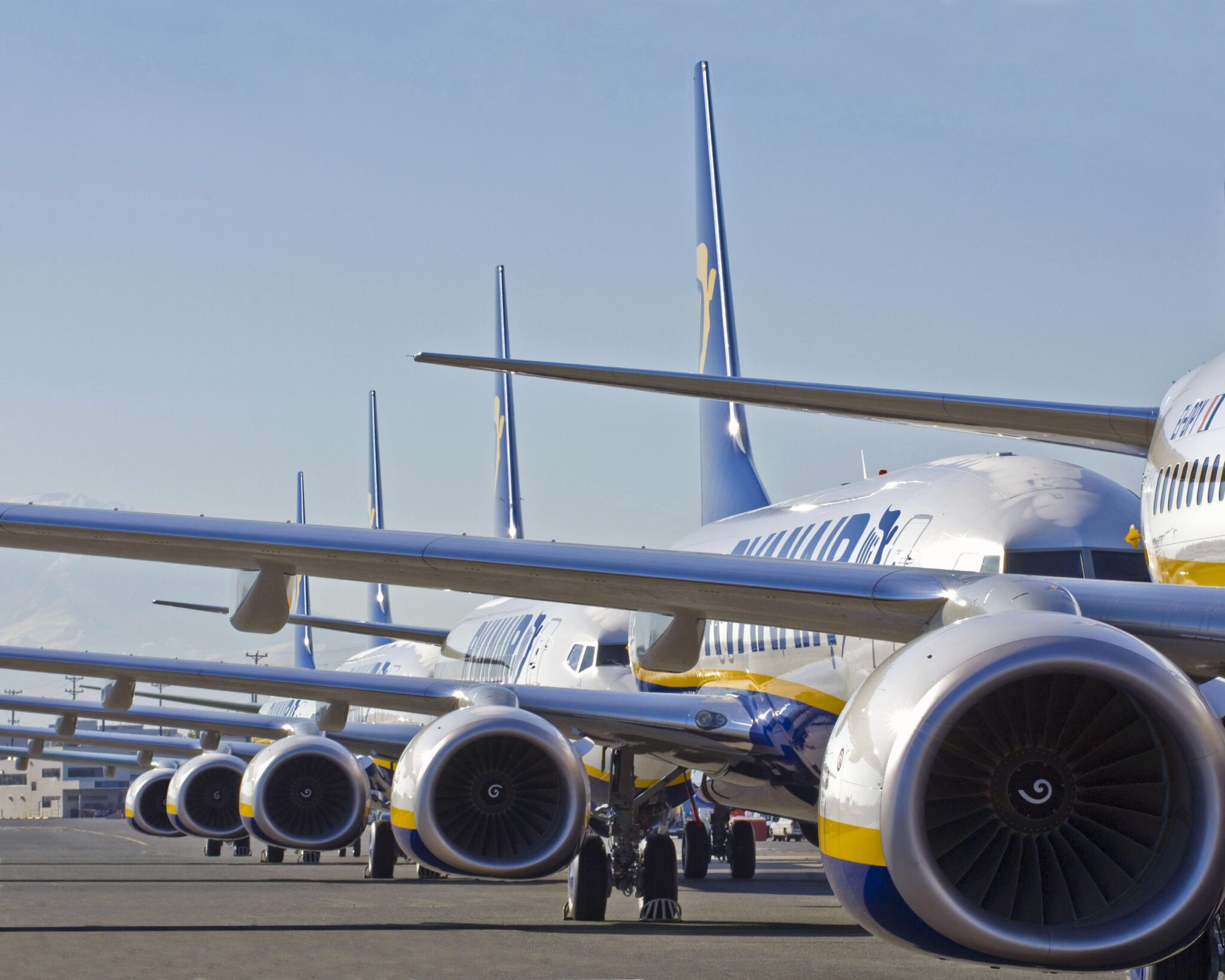Ryanair CEO ‘Very Disappointed’ With Boeing 737 Max Delays, Cuts Summer Schedules

Skift Take
The chief executive of Ryanair has said he is “very disappointed” with additional delays to deliveries of Boeing 737 Max jets.
The Irish budget airline group is one of Boeing's biggest customers. It operates a fleet comprised almost entirely of 737-800 and 737 Max aircraft.
In a statement on Friday, Ryanair confirmed that only 40 new planes due for delivery before July will arrive on time.
While 57 aircraft were originally expected, Ryanair said it had already baked in some flexibility to its flying program. The summer schedule currently on sale was based on receiving at least 50 of the 57 new aircraft.
Ryanair Schedule Cuts for Summer 2024To compensate for the further shortfall of 10 planes, the carrier is making further cuts to some flights. It said this would take the form of reducing frequen

